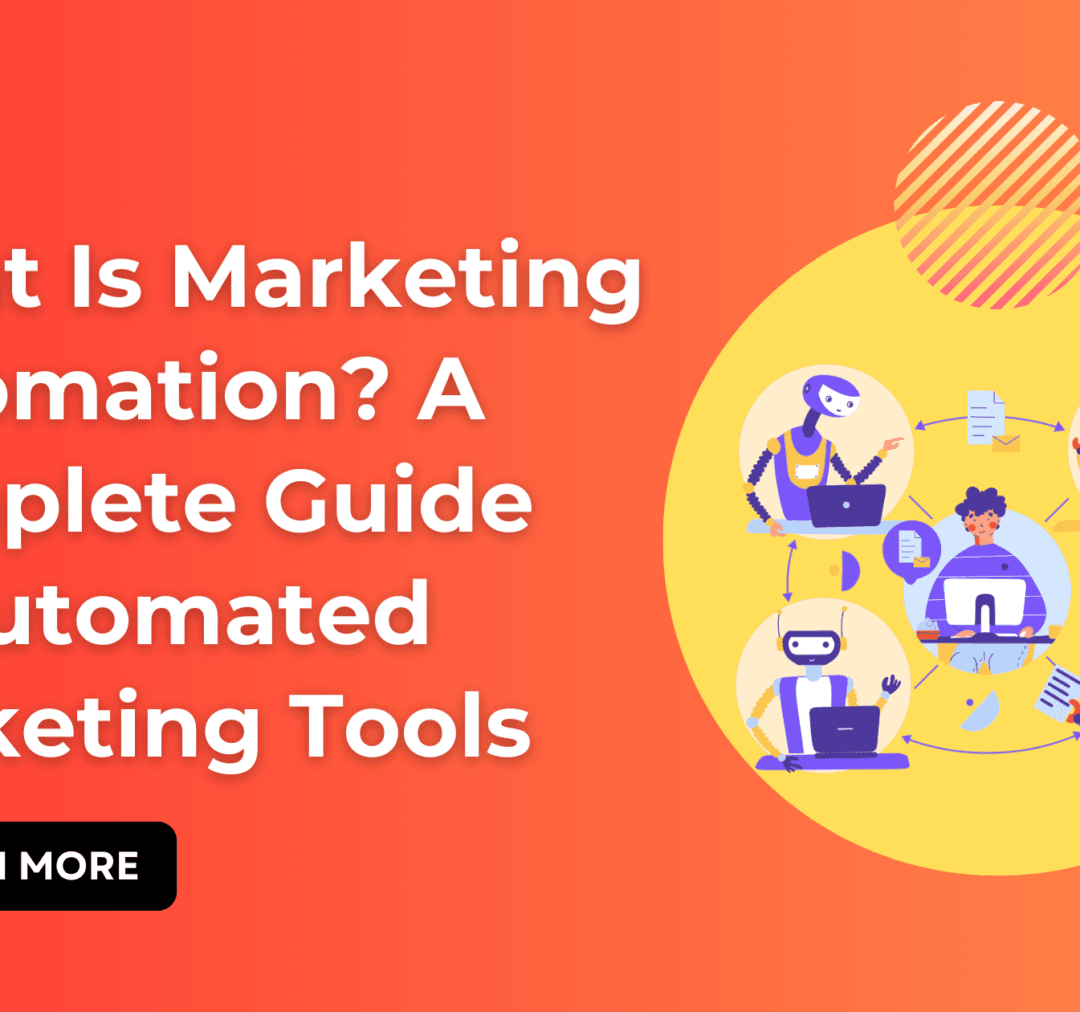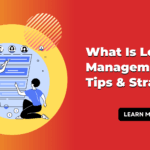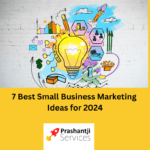In today’s fast-paced digital world, businesses must engage with their audience across multiple channels while staying ahead of the competition. However, manually managing marketing campaigns, tracking customer interactions, and personalizing content for each lead can be overwhelming. This is where marketing automation comes in. Marketing automation is the use of software and technology to streamline, automate, and measure marketing tasks and workflows. It helps businesses scale their marketing efforts while maintaining a high level of personalization. With the right automated marketing tools, businesses can increase efficiency, generate more leads, and convert them into loyal customers.
In this guide, we will explore how marketing automation works, its benefits, the best tools available, and how businesses can use it to drive success.
What Is Marketing Automation?
Marketing automation refers to the process of using technology and software to automate repetitive marketing tasks. These tasks include email campaigns, social media scheduling, lead scoring, customer segmentation, and data analysis. The goal is to nurture leads and guide them through the sales funnel without constant manual intervention.
By automating these processes, businesses can ensure that their marketing campaigns run smoothly and efficiently, delivering the right message to the right audience at the right time.
How Marketing Automation Works?
Marketing automation works by collecting and analyzing customer data, identifying user behavior, and triggering specific marketing actions based on predefined rules. The process typically follows these steps:
- Data Collection – The system gathers customer data from various sources such as website interactions, social media engagement, and email responses.
- Segmentation – The data is used to segment customers based on demographics, behavior, and interests.
- Automated Campaign Execution – Personalized emails, targeted ads, and social media posts are automatically sent to segmented audiences.
- Lead Scoring and Nurturing – Leads are ranked based on their engagement and likelihood to convert. Automated follow-ups and nurturing campaigns help move them down the sales funnel.
- Performance Analysis – The effectiveness of campaigns is analyzed using metrics such as click-through rates, conversion rates, and customer engagement.
Why Businesses Need Marketing Automation

1. Increased Efficiency and Productivity
Manually handling marketing tasks is time-consuming and prone to errors. Marketing automation programs allow businesses to streamline their workflows, reducing the time spent on repetitive tasks. This enables marketing teams to focus on strategy, creativity, and business growth.
2. Personalized Customer Experience
Modern customers expect personalized interactions. Automated marketing tools enable businesses to send customized messages based on user behavior and preferences. This enhances customer engagement and builds stronger relationships.
3. Better Lead Nurturing and Conversion Rates
Not all leads are ready to convert immediately. Marketing automation ensures that leads receive relevant content at different stages of the sales funnel, nurturing them until they are ready to make a purchase. This leads to improved conversion rates and increased income.
4. Data-Driven Decision Making
With marketing automation, businesses can track and analyze customer interactions in real-time. These insights help marketers understand what works and what doesn’t, allowing for better decision-making and optimized marketing strategies.
5. Improved Customer Retention
Marketing automation is not just about acquiring new customers; it also helps retain existing ones. Automated follow-ups, re-engagement campaigns, and loyalty programs ensure that customers stay engaged with the brand.
Top Automated Marketing Tools for Businesses
To successfully implement marketing automation, businesses need the right tools. Here are some of the best automated marketing tools available:
1. Email Marketing Automation Tools
- Mailchimp – Ideal for small businesses looking for easy-to-use email automation.
- ActiveCampaign – Advanced automation with CRM capabilities and customer journey tracking.
- HubSpot – A powerful marketing platform with email automation and lead nurturing features.
2. Social Media Automation Tools
- Hootsuite – Schedules and automates social media posts across multiple platforms.
- Buffer – Helps businesses schedule and analyze their social media content.
- Later – Focuses on visual content automation for Instagram, Pinterest, and TikTok.
3. Customer Relationship Management (CRM) Tools
- HubSpot CRM – Free and easy-to-use CRM with marketing automation features.
- Salesforce Pardot – Advanced B2B marketing automation with AI-driven insights.
- Zoho CRM – Budget-friendly CRM with automation and customer segmentation.
4. All-in-One Marketing Automation Platforms
- Marketo – Enterprise-level marketing automation with a focus on lead management.
- Keap (Infusionsoft) – Designed for small businesses to manage customer relationships.
- Drip – Tailored for e-commerce businesses with advanced segmentation features.
How to Choose the Right Marketing Automation Program

1. Define Your Marketing Goals
Before diving into marketing automation, clarify what you need it for—email marketing, social media management, or lead nurturing. A well-defined goal ensures you select a tool that aligns with your business needs and maximizes efficiency.
2. Consider Integration Capabilities
Your marketing automation tool should work seamlessly with your existing CRM, analytics software, and other platforms. A tool with strong integration capabilities eliminates manual work, enhances workflow efficiency, and ensures data flows smoothly across all marketing channels.
3. Budget and Scalability
Marketing automation tools come with different pricing structures, from free plans for startups to premium solutions for growing businesses. Choose a tool that not only fits your budget today but can scale as your business expands and your marketing needs evolve.
4. Ease of Use and Customer Support
Not all automation tools are beginner-friendly. Look for a platform with an intuitive interface, minimal learning curve, and reliable customer support. A user-friendly tool backed by strong assistance ensures a smooth setup and effective campaign execution without technical frustrations
Challenges in Marketing Automation & How to Overcome Them
- Over-Automation Can Harm Customer Experience: Too much automation can make interactions feel robotic and impersonal. Always maintain a balance between automation and human touch to ensure authentic communication.
- Learning Curve and Implementation Issues: Many businesses struggle with implementing marketing automation programs due to complexity. Start with basic automation workflows and gradually expand as your team becomes comfortable with the platform.
- Measuring ROI and Performance: Tracking the success of automated marketing campaigns can be challenging. Use data analytics dashboards to measure key metrics such as open rates, conversion rates, and customer engagement.
The Future of Marketing Automation
1. AI-Powered Chatbots and Conversational Marketing
AI-driven chatbots are transforming customer interactions by providing instant responses, collecting valuable user data, and guiding potential buyers through the sales funnel. As AI advances, chatbots will become even more human-like, enhancing engagement and improving customer experience.
2. Hyper-Personalization with Predictive Analytics
Predictive analytics will revolutionize marketing by anticipating customer needs before they even express them. By analyzing past behavior, AI-driven systems will deliver ultra-personalized content, product recommendations, and targeted offers, making marketing more precise and increasing conversions.
3. Voice Search and Automation
With voice assistants like Alexa and Google Assistant growing in popularity, marketing automation must evolve to optimize content for voice search. Brands that adapt their strategies for conversational queries will gain a competitive edge in reaching voice-first consumers.
Conclusion
Marketing automation is revolutionizing how businesses engage with their audience, nurture leads, and drive sales. By leveraging automated marketing tools, companies can save time, enhance personalization, and boost revenue.
For businesses like Prashantji Services, investing in the right marketing automation program will provide a competitive edge in the ever-evolving digital landscape. Whether you are a startup, an e-commerce brand, or a service-based business, automation is the key to scaling your marketing efforts efficiently.
FAQs
Q1. What is the best marketing automation tool for small businesses?
Ans: Mailchimp and HubSpot are excellent choices for small businesses looking for easy-to-use marketing automation tools.
Q2. Does marketing automation replace human marketers?
Ans: No, marketing automation enhances efficiency but still requires human creativity and strategy.
Q3. Can automation work for social media marketing?
Ans: Yes, tools like Buffer and Hootsuite automate social media posts and engagement tracking.
Q4. How do I measure the success of marketing automation?
Ans: Track key metrics like email open rates, conversion rates, customer engagement, and ROI using analytics dashboards.








